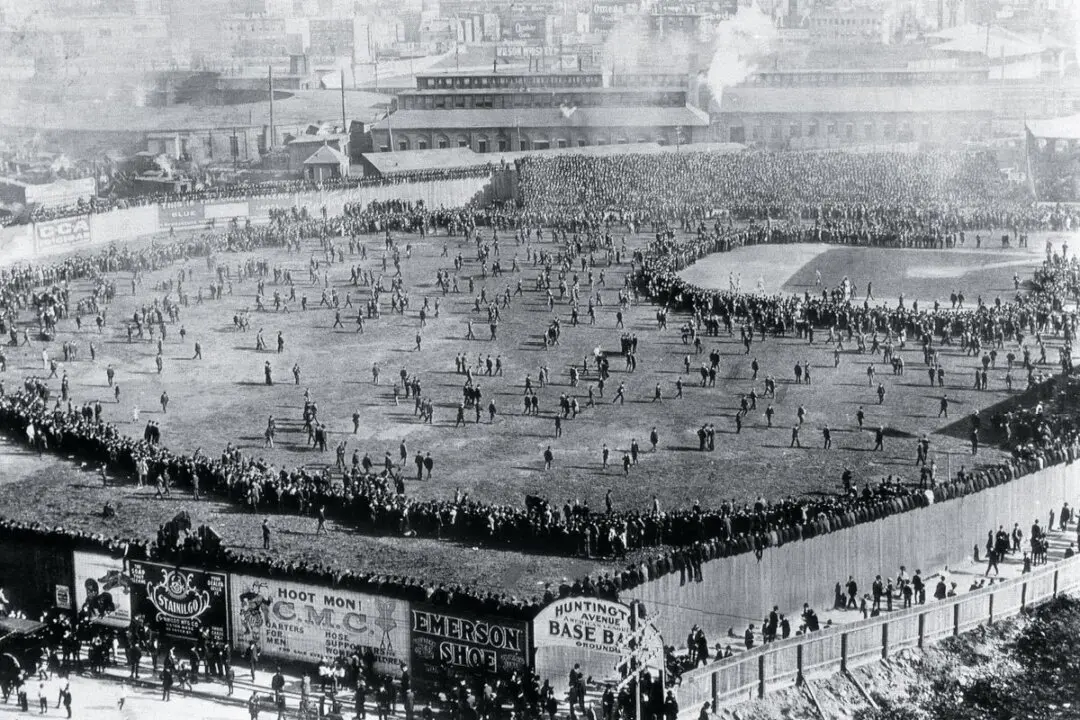Douglas Murray, the famed political commentator and author of the bestselling book “The War on the West,” has recently completed a 10 episode podcast and YouTube series entitled “Uncancelled History.” Murray, never intimidated by difficult or controversial topics, introduced the podcast season with the lightning rod subject of Robert E. Lee, the famous general of the Confederate Army during the American Civil War.
“If there’s any figure in this series who it’s important to try to understand in the round―with all the complexity, the wrongness, the difficulty―if there’s anyone who really epitomizes that difficult task of actually unweaving history, it’s the story of Robert E. Lee,” Murray stated during his conversation with Jonathan Horn, historian and author of the Lee biography “The Man Who Would Not Be Washington.”





